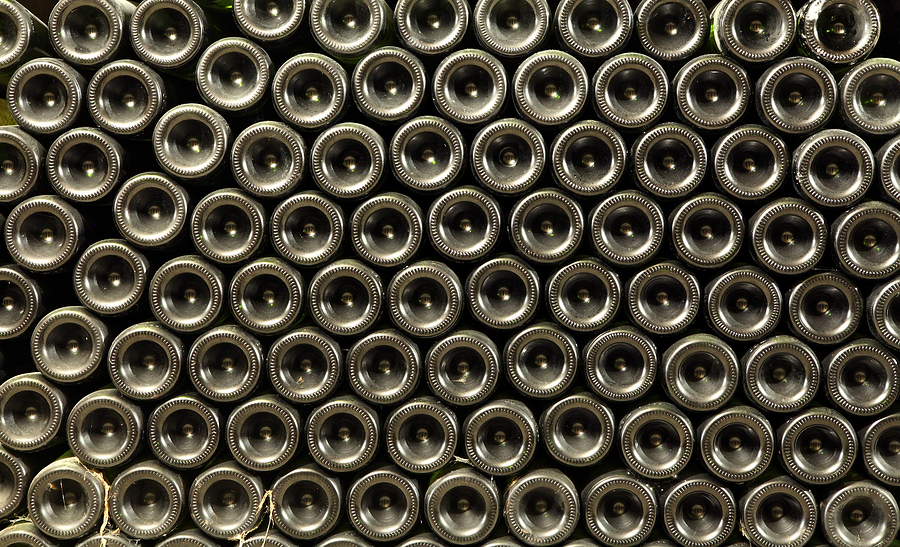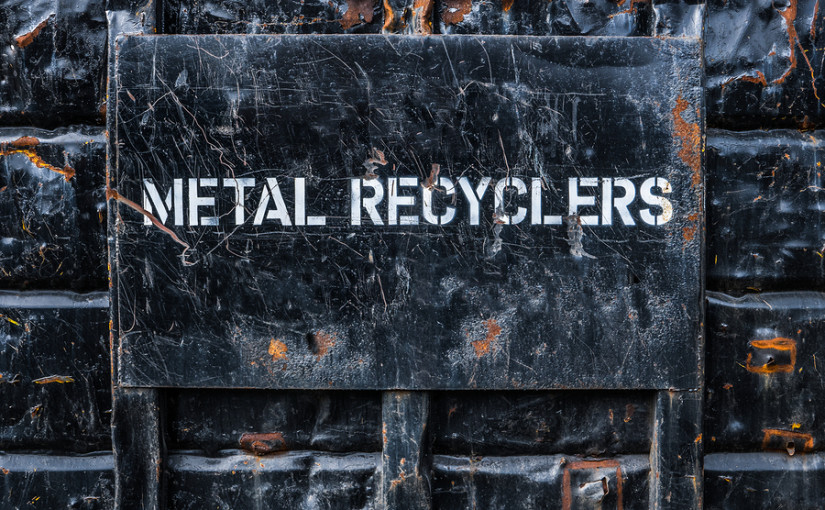Hiring a skip is a great way to meet your environmental obligations, as you know anything you throw away will be recycled as much as possible, before the rest is dealt with in other ways.
These are five of the main things to remember when hiring a skip to help with your recycling.
1. Skip hire companies can help you do more
Often a skip hire company will have access to recycling facilities you might not be able to deal with directly, allowing a much wider range of materials to be recovered from your waste.
This is true for all customers, from one-off domestic refurbs where you just need a skip for your scrap building materials, to large-scale construction work and regular commercial orders for waste collection and disposal.
2. Recycling rates range from 80-100%
If you want to start recycling but don’t know how to begin, then hiring a skip is a great option – you don’t need to make any major changes to your workplace behaviour, and recycling rates are typically around 80% even from mixed waste.
Alternatively, if you can commit to separating out mixed recyclable waste from your other general waste, then you can arrange a collection of all your paper, plastic, cardboard, drinks cans and other tins together, with an aim to recycle 100% of this waste and avoid any relevant landfill taxes that might apply to you.
3. Food waste can be recycled too

You can even have food waste recycled, rather than sending it to landfill where it will typically produce higher levels of methane than other waste – which is more damaging to the environment than CO2 emissions are.
Food waste can be used to generate renewable energy, meaning it actually offsets carbon emissions from elsewhere, and you might be surprised by what foods can be recycled, from meat and fish to rice and pasta, baked goods, dairy products, tea and coffee, fruit and vegetables, and general leftovers.
4. You can separate recyclables on-site
If you want to be able to track exactly how much of each kind of waste you are producing – for audit purposes or just your own interest – then skip hire is a good way to do that.
You can either hire multiple skips of the right sizes for each waste type, and sort it yourself at the point of disposal, or your skip hire company may be able to provide you with a full breakdown of the recycled quantities of waste after collection.
5. Recyclable waste is often heavy
Finally – because for many people, recycling is a business decision – we go back to landfill taxes and the fact that much recyclable waste is among the heaviest waste you produce, especially in the case of materials like glass bottles.
If you put these in your general waste, you risk paying a high price in landfill tax for sending them away, when they could be retrieved, recycled separately, and cost you nothing at all in taxes; other materials like food waste, which you might not realise can be recycled, could save you even more.

